When you’re planning to buy a home, the first step is to make sure you have a budget that you can stick to. Your budget will help you identify how much you can afford to spend and save, and give you some insights into where you are spending your hard-earned money. We have compiled some easy ways to tighten your spending so you can budget effectively, save for a home, and accelerate your financial wellbeing.

Have smart savings goals
Your savings goals should be SMART (specific, measurable, attainable, relevant and time based). Creating SMART goals will help you set yourself up for success.
-
Specific: Make sure you know what you are saving for. Whether it’s a house, a holiday or anything in between, having a clear vision of your savings goal will help you commit to it
-
Measurable: You should be able to measure the success of your goal. This might mean having a specific dollar amount you want to reach, or it could mean having a monthly savings target
-
Attainable: Be realistic about your savings goals. You should be able to reach your goal when considering your current income and expenses
-
Relevant: Your savings goals should be relevant to you. This means you should be saving for something you want or need, and not something you think you should save for or something others have told you to save for
-
Time based: You should have a clear idea of how long your savings goal should take to achieve. But this should also be flexible, to account for surprises such as car repairs or unexpected time off work.
Don’t pay the lazy tax
Every year you should re-assess your electricity, gas, phone and health insurance providers. Prices may rise every year and you might soon find yourself paying a lot more for your bills than you need to. Things to consider:
-
Use a comparison site or make a spreadsheet to compare which provider can give you the best deal
-
Find out if they have special prices for new customers and weigh up the one-off costs against the ongoing savings to decide if changing providers makes sense for you:
-
Will you need to restart any waiting periods before you can make a claim on your new insurance policy?
-
Will you need to pay any connection fees for your new electricity or gas provider?
-
Will you need to buy a new modem when changing internet providers?
Live by the 50/25/25 per cent rule
Managing personal finances can often feel like a juggling act, but with the 50/25/25 rule, you could find harmony between your needs, wants and savings. This simple guideline provides a roadmap for achieving financial balance and securing a brighter future. The rule is straightforward:
-
50% of your after-tax income on needs and obligations like rent and bills
-
25% on wants and entertainment
-
25% going into your savings.
To implement the rule effectively, start by examining your current income and expenses. Track your monthly expenses with our budget tracker on the next page.
Stop buying your lunches at work
Are you tired of your hard-earned money vanishing on daily lunch expenses? With just a few simple changes, you can transform your lunchtime routine into a budget-friendly and delicious experience. Let’s break it down. If you spend an average of $15-$20 on lunch, three days a week, those expenses quickly add up. Over the course of a year with 48 working weeks, you could end up forking out a whopping $2,160 – $2,880 on lunches alone.
-
Maximise the potential of leftovers: instead of letting them go to waste, enjoy a home cooked meal that’s ready to go.
-
If cooking isn’t your forte or time is of essence, use meal delivery services or head down to your local supermarket.
There are multiple dishes available that are both convenient and affordable, while also enjoying the benefits of nutritious and portion-controlled meals.
Source: Helia
Download It’s my home magazine
This publication has been produced by Helia Group Limited (’Helia’). This publication may include content which is owned by third parties (’third party content owners’) and that has been provided to Helia for publication. Opinions expressed in this publication are of the writer or contributor and do not necessarily reflect the view of Helia or its affiliates. This publication covers a variety of topics including property, insurance and other financial products and services. Although some of the information involves tax, stamp duty, legal, accounting, financial or similar issues, Helia, its affiliates and the third-party content owners (as to their materials only) (‘we’) are not in the business of offering such advice and nothing in this publication constitutes a personal recommendation or advice. You must consult with your own professional advisers to examine the legal, tax, accounting or investment aspects of any information presented in this publication and how they may affect your particular situation.
The information also does not contain all of the applicable terms, conditions, limitations or exclusions of the products or services described. We expressly disclaim all responsibility and liability for any action or inaction by you in reliance or partial reliance on any material, information, opinion or advice in this publication or referred to in this publication. The information is current as at the date of publication but may change without notice. We are under no obligation to update the information or correct any inaccuracy which may become apparent at a later date. We do not take any responsibility for any reliance on the information contained in this publication or for its reliability, accuracy or completeness. Nothing in this publication is an offer by or on behalf of Helia or its affiliates to sell, or solicit an offer to buy, any security or financial product.
COPYRIGHT NOTICE All copyright in the contents of this publication belong to Helia, its affiliates and licensors or to third party content owners. All rights are reserved. To the extent permitted by law, no part of any materials in this publication may be reproduced or transmitted in any form without the express written consent of Helia.


